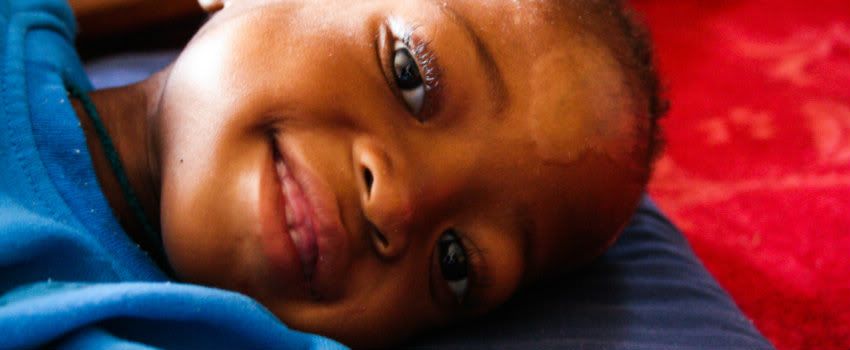I had forgotten how brightly the stars shine here. The last time I was here in Mokhotlong, the season was summer. Each night, I would spot Orion, my favorite constellation, as he began his walk across the African sky, and I would track his progress during the late evening hours.
That was six months ago. Now, Orion is no longer visible during the daytime hours, and each time I look up, I struggle to find a recognizable constellation.
I imagine the experience of a child in the safe home is similar to that of me and the stars. While the loving bo’me are constantly caring for and loving the children, every few weeks, the babies look up into a sky of new volunteer faces. Searching unsuccessfully for a recognizable face, it seems likely the children would forget past volunteers as new faces and personalities flow through the safe home. Studies indicate that many of our long-term memories don’t begin until well after our first year of life. Since many of the children in the safe home are behind developmentally due to malnourishment and illness, I assumed that the one child that I met during my previous visit would have no recollection of me. I expected to be earning his trust as I knew I would have to earn the other children’s. But Khutliso surprised me.
The first step I took into the safe home playroom drew either curious looks or trembling lips from the children as I greeted the bo’me with the few Sesotho phrases I remember. My eyes were immediately drawn to Khutliso, recognizable by his distinct puppy-dog eyes peering out of his now chubby and healthy-looking face. His look of surprise instantly melted into a smile as he turned around, reached his hands out for mine and began to walk me around the playroom, showing off how much he has improved since I had last been there. Each day, as I enter the playroom, Khutliso finds me and we establish a little walking track around the playroom. We either walk for a long time, pausing only to dance or stomp our feet, or we sit and play with the other toddlers.
I still haven’t figured out if Khutliso actually remembers me, or if he just recognizes me as another person who will help him walk and make him laugh. And I’ll probably never be able to know with certainty. But these events have made me wonder how much the safe home babies will remember of their experiences here. Some children stay only a short time, so it seems likely that their memory of TTL will quickly fade into remembrances of outreach visits. But others, like Khutliso, spend many months recovering from malnutrition and illness, becoming accustomed to their surroundings and to the love and affection of the bo’me. And the older children, like Tsekiso, a three-year-old in the safe home, are likely able to observe and absorb more of their surroundings, making the safe home familiar and comfortable.
But how long do these memories last? Just the other day, one of the babies, Shai, was reunited with her family. As the bo’me said goodbye to her and she was carried from the safe home to the outreach car, she screamed with recognition that she was leaving home. But her objections upon arrival to her family’s home were far less vocal. Did she actually remember her home? And how long will it be before she forgets that the safe home was once her home?
These are all questions that I’ll likely never be able to answer. Only time will tell how much the babies will remember of the pain they once suffered and the joy that the caregivers at TTL were able to replace it with.
--
Catherine R. Joseph


